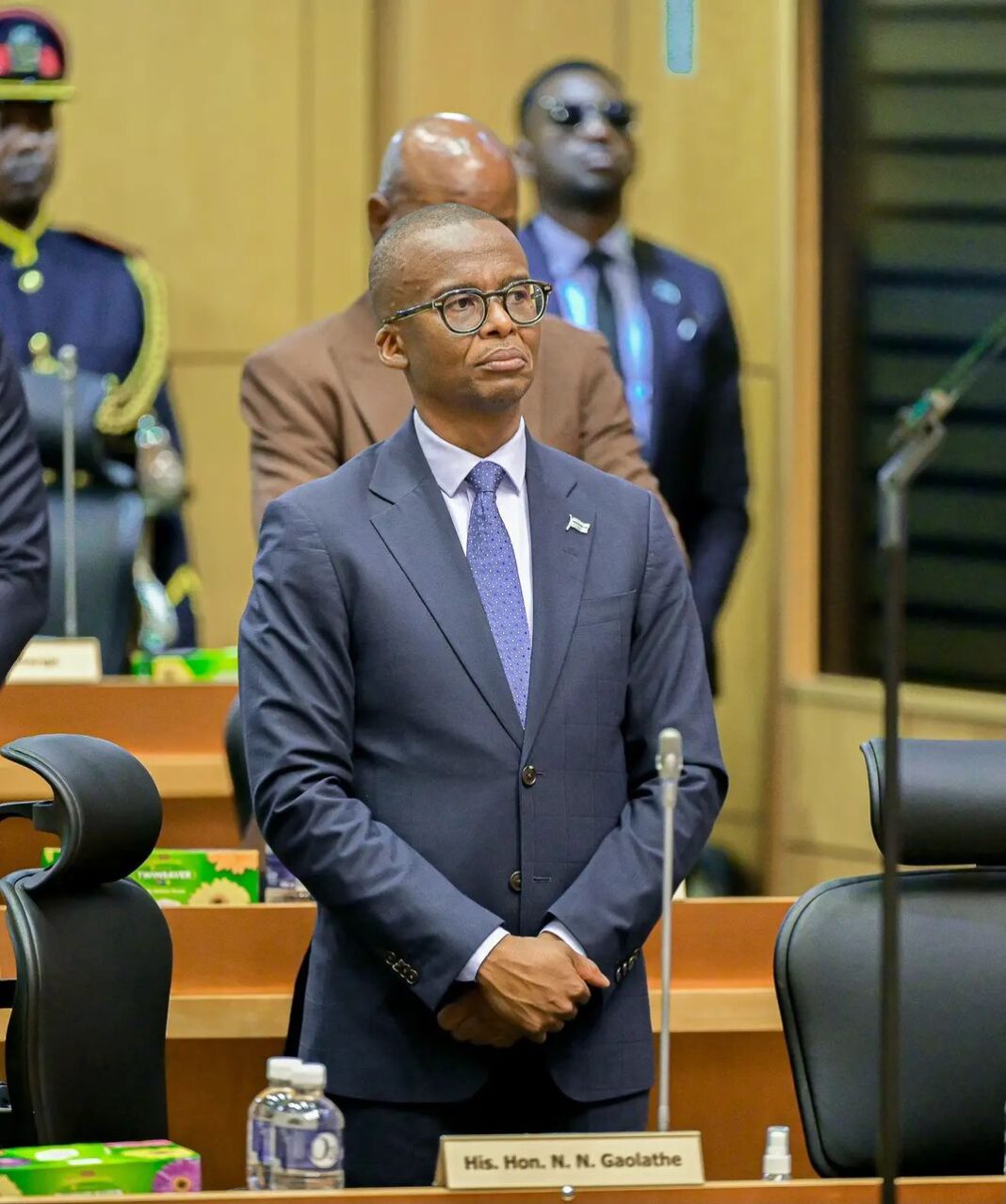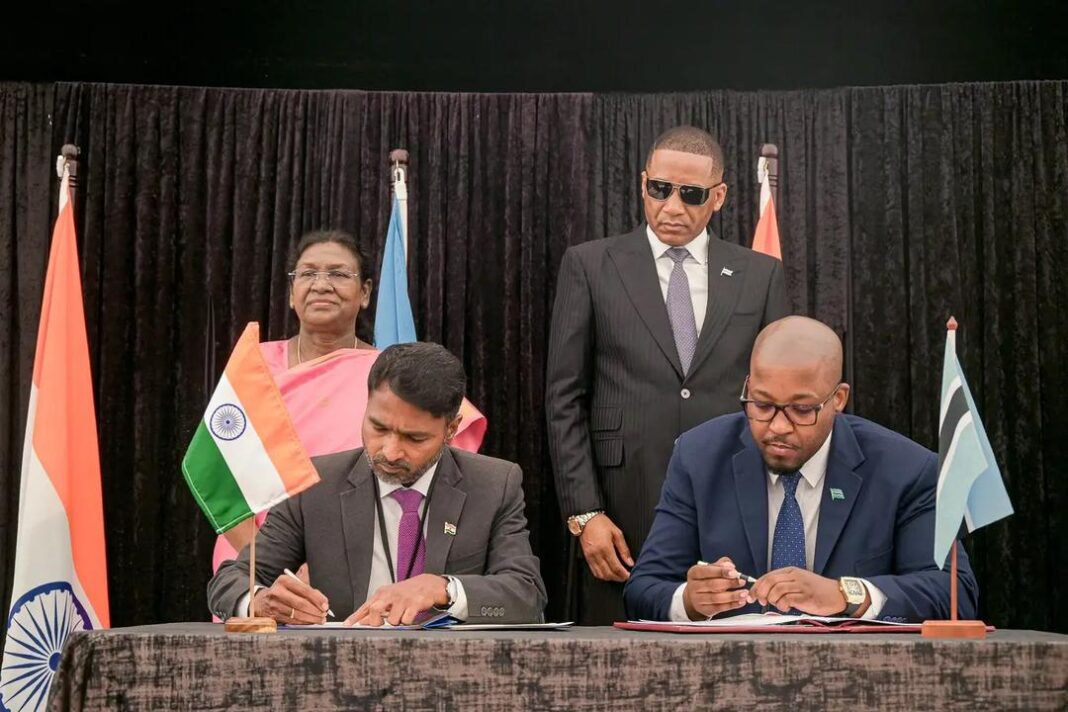The 2025 Impact Report delivers a sobering account of the fiscal crisis inherited by the current administration, detailing a period of severe liquidity stress. The nation’s main savings cushion, the Government Investment Account (GIA), was dramatically depleted from P7 billion to a perilous P0.5 billion by mid-2025. This rapid decline—despite steady diamond receipts—exposed the magnitude of the underlying fiscal imbalance.
President Duma Boko emphasised that the nation was effectively “running on empty,” requiring immediate and painful fiscal triage. The fiscal system had become overstretched, marked by lagging revenues, bloated recurrent spending, and delays in development projects.
The central mechanism for stabilisation was the introduction of Zero-Based Budgeting (ZBB). Unlike traditional budgeting that simply adjusts prior allocations, ZBB forced every government department to justify every pula of expenditure from a base of zero. This mandate led to the immediate suspension of new purchase orders, deep cuts to travel and non-essential spending, and a freeze on new projects pending rigorous review.
The liquidity crisis spilt into financial markets, causing significant turbulence. Foreign exchange reserves fell by 24.5% in 2024, dropping import cover from 39 months to just 6.3 months. Domestically, government borrowing costs spiked, with banks offering peak deposit rates of 15-20% to lure back cash, leading to a fragmentation of the domestic market. This necessary consolidation, though painful, served as a crucial line in the sand, signalling a decisive shift toward financial discipline and restoring a culture of accountability in public spending.



